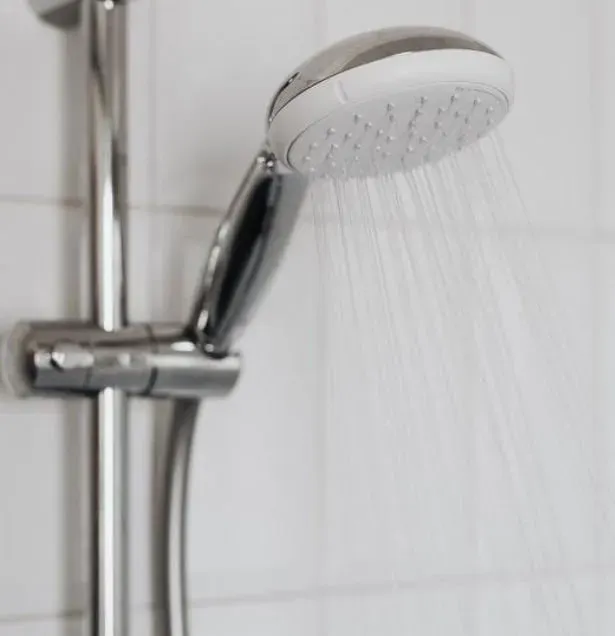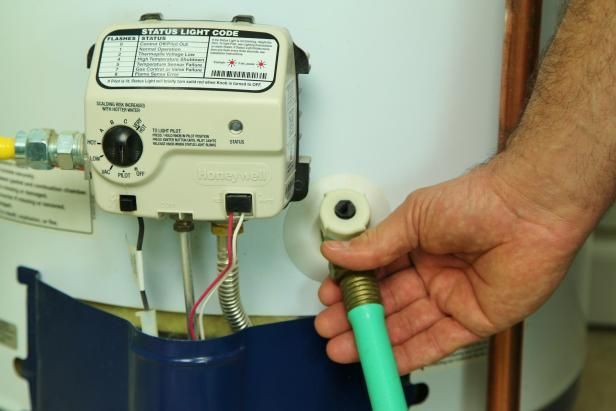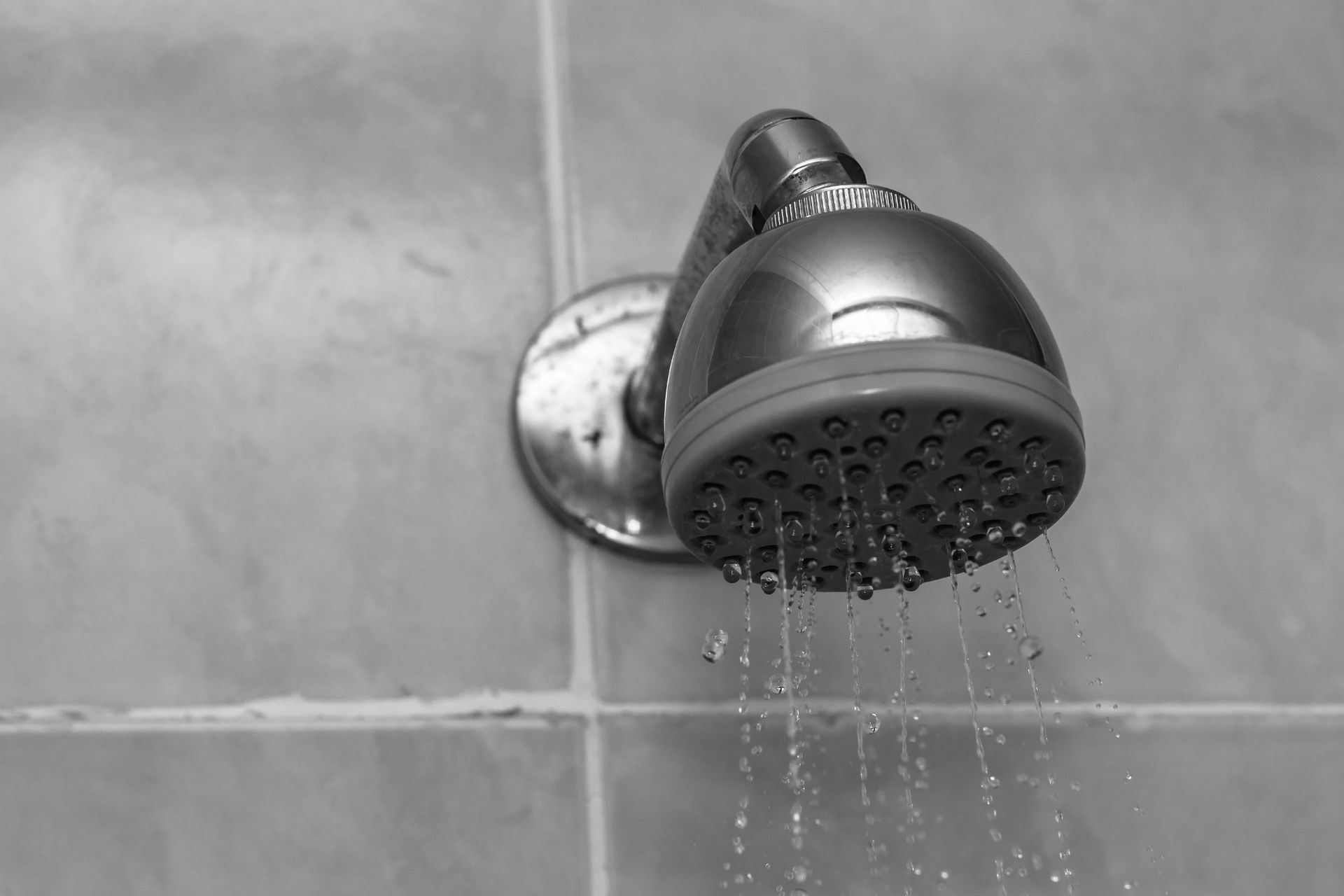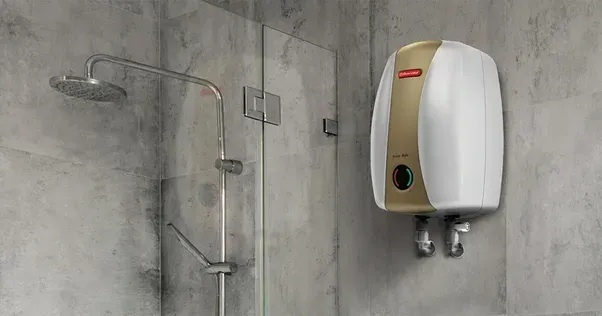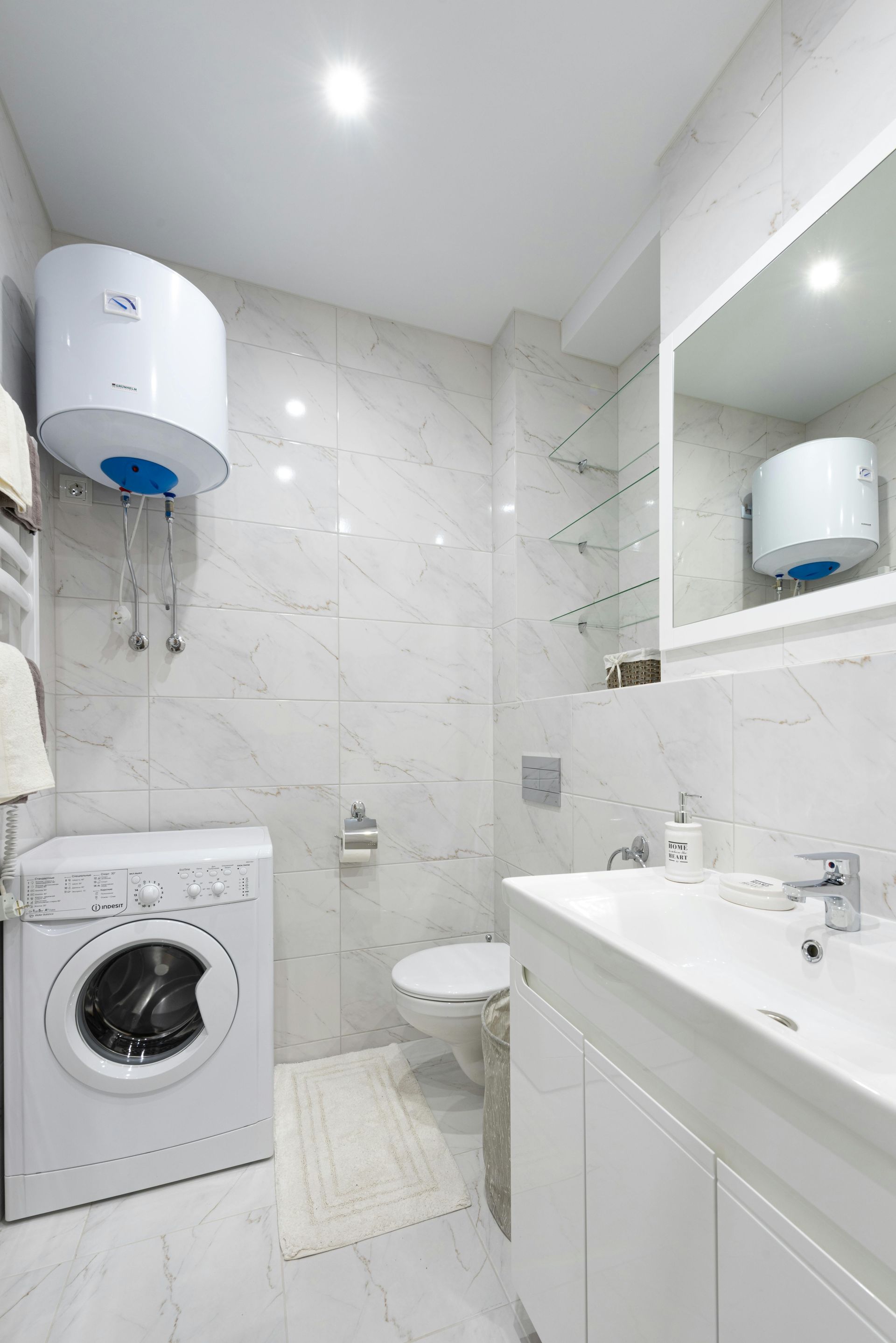How to Prevent Clogs in Your Garbage Disposal: An In-Depth Guide for Homeowners
A garbage disposal is one of the most convenient appliances in any modern kitchen, helping to break down and dispose of food waste quickly and efficiently. However, if not properly maintained, these disposals can become clogged, leading to unpleasant odors, poor drainage, and even costly repairs. Preventing clogs is essential to ensure the longevity and efficient functioning of your garbage disposal. In this comprehensive guide, we will walk you through various techniques, tips, and maintenance practices to keep your garbage disposal in top condition, as well as explain how All City Plumbers can assist with any issues that may arise.
"The Best Time to Replace Your Garbage Disposal"
Understanding How Your Garbage Disposal Works
Before we dive into clog prevention, it’s important to understand the basic mechanics of a garbage disposal. This appliance uses a motor to spin a set of blades or impellers at high speed, breaking down food waste into small particles. These particles are then flushed away through the pipes. However, when the disposal is overloaded, or non-disposal-safe materials are introduced, clogs can form, disrupting the entire system.
Common Causes of Garbage Disposal Clogs
To prevent clogs, it's essential to understand what causes them in the first place. Below are the most common culprits:
- Hard or Fibrous Materials: Items like bones, corn husks, potato peels, and celery stalks are too tough for a garbage disposal to break down effectively. These can easily cause blockages in the disposal system.
- Grease and Oil: Pouring grease or oil down your disposal can lead to sticky, gunky buildup that clogs the system over time.
- Small Objects: Non-food items, such as small utensils or bottle caps, may find their way into your disposal and lead to blockages.
- Excessive Food Waste: Overloading the disposal with too much food waste at once can overwhelm the system, causing it to clog or jam.
- Poor Water Flow: Insufficient water flow while using the garbage disposal can prevent the waste from being fully flushed away, leading to clogs.
Preventive Measures to Avoid Garbage Disposal Clogs
1. Be Mindful of What You Put Down the Disposal
The first step in preventing clogs is knowing what to avoid putting in your garbage disposal. Some of the worst offenders include:
- Bones and Hard Shells: These items can dull the blades and obstruct the system.
- Fibrous Foods: Celery, corn husks, and potato peels are difficult to break down and can get tangled in the disposal.
- Coffee Grounds: While coffee grounds may seem small, they can accumulate over time and create a thick sludge that clogs pipes.
- Grease, Fat, and Oil: These can harden inside the pipes, causing significant blockages.
- Non-Food Items: Items like plastic, metal, and glass should never be disposed of in the garbage disposal.
Always check the disposal’s manual or the manufacturer’s recommendations for a full list of acceptable and non-acceptable items.
2. Run Cold Water While Using Your Garbage Disposal
One of the most important things you can do to prevent clogs is run cold water whenever the garbage disposal is on. Cold water helps solidify any grease, fat, or oils so they can be chopped into small particles and flushed away. Using hot water can cause oils to liquefy and stick to the walls of your pipes, leading to clogs over time.
3. Cut Food Waste Into Small Pieces
Instead of throwing large chunks of food into the disposal, cut them into smaller pieces. This allows the blades to break them down more easily. For larger items like melons, bread, or large vegetable peels, it’s better to dispose of them in the trash rather than forcing them into the disposal.
4. Avoid Overloading the Disposal
Don’t overload your garbage disposal with too much food at once. Feed it small portions and allow it to grind down the waste before adding more. Overloading can lead to jams and clogs.
5. Regularly Clean Your Garbage Disposal
Cleaning your garbage disposal regularly can help prevent clogs and maintain its efficiency. Here's how you can clean your disposal:
- Ice and Salt: Drop a handful of ice cubes and a cup of salt down the disposal. Turn on the disposal and run cold water. The ice helps clean the blades, while the salt scrubs the sides of the grinding chamber.
- Baking Soda and Vinegar: Pour half a cup of baking soda followed by half a cup of vinegar into the disposal. Let it sit for 10–15 minutes, then rinse with cold water. This helps neutralize odors and clean the system.
- Citrus Peels: Tossing citrus peels (like lemon or orange) down the disposal not only helps clean it but also leaves a fresh scent behind.
6. Use the Disposal Frequently
Just like any other appliance, regular use helps keep a garbage disposal in top condition. If you have long periods where you don’t use the disposal, food waste and residue can settle and cause clogs. Make sure to run the disposal regularly with cold water, even if it’s just to keep the system fresh.
7. Use a Disposal Shield or Guard
A garbage disposal shield or guard acts as a barrier, preventing large items from accidentally being fed into the disposal. It can help prevent jams and clogs caused by debris that is too large to be ground up effectively.
Signs Your Garbage Disposal Is Clogged
Even with the best preventive measures, clogs can sometimes happen. Here are some signs to look out for:
- Slow Drainage: If your disposal or sink drains slowly, it could be a sign of a clog building up in the system.
- Strange Noises: If the disposal is making grinding or rattling noises, something might be stuck inside the mechanism.
- Foul Odors: A foul odor coming from the disposal could indicate trapped food or grease.
- Water Backing Up: If water is backing up into the sink or draining slowly, a clog could be blocking the pipes leading from the disposal.
How to Fix a Clogged Garbage Disposal
If you notice any of the above signs, follow these steps to address the clog:
- Turn Off the Power: Always unplug or turn off the garbage disposal before attempting any repairs.
- Use a Plunger: If the clog is near the drain, you can use a plunger to dislodge the blockage.
- Use Tongs or Pliers: If the clog is near the grinding area, use tongs or pliers to remove any stuck objects (never use your hands).
- Check the Blades: If the blades are stuck, gently rotate the flywheel with a wooden spoon or broomstick to free the jam.
- Call a Professional: If the clog persists, it may be time to call a plumber or an experienced garbage disposal technician to inspect the system.
When to Call a Professional
While regular maintenance can prevent many clogs, there are times when professional help is necessary. If you’ve tried the methods above and your garbage disposal is still clogged, or if you’re experiencing frequent backups, it may be time to contact a plumber. All City Plumbers is equipped to handle garbage disposal clogs and repairs, ensuring your kitchen stays clean, safe, and functional.
Conclusion
Preventing clogs in your garbage disposal is an essential part of maintaining your kitchen’s plumbing system. By being mindful of what you dispose of, running cold water during use, regularly cleaning the unit, and avoiding overloading, you can keep your disposal in excellent condition for years to come. However, if clogs do occur, taking the right action can help avoid costly repairs and keep your kitchen running smoothly.
For professional assistance, whether it’s clog removal, installation, or routine maintenance, All City Plumbers is here to help. Our experts are just a call away to ensure your garbage disposal is in optimal working condition.

The body content of your post goes here. To edit this text, click on it and delete this default text and start typing your own or paste your own from a different source.


